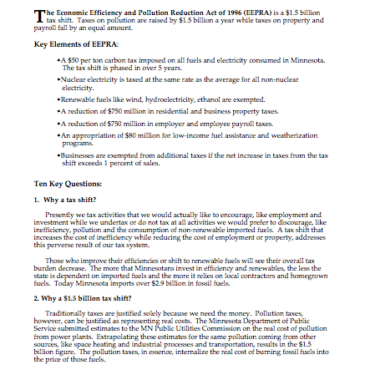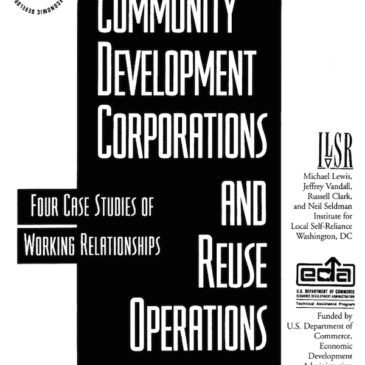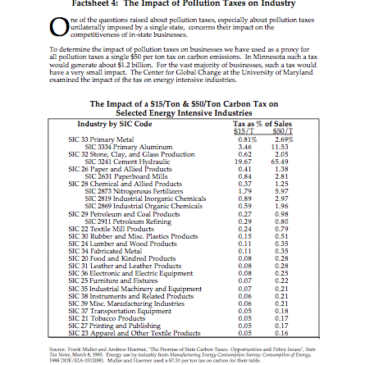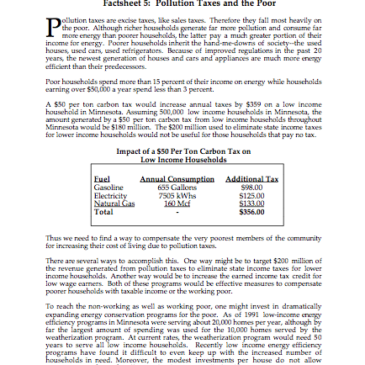Plug into Electronics Reuse
Because computers become obsolete so swiftly, they are often discarded with many or all working components. This report provides contact information on 150 computer recovery facilities as well as in-depth profiles of the operating experiences of 13 that focus on computer reuse. Operations profiled are all replicable and many are interested in starting similar enterprises in … Read More







